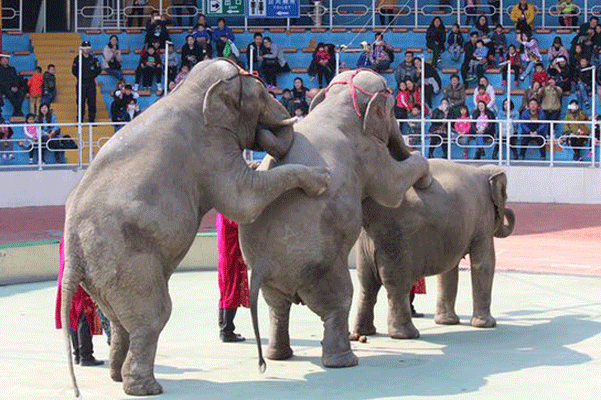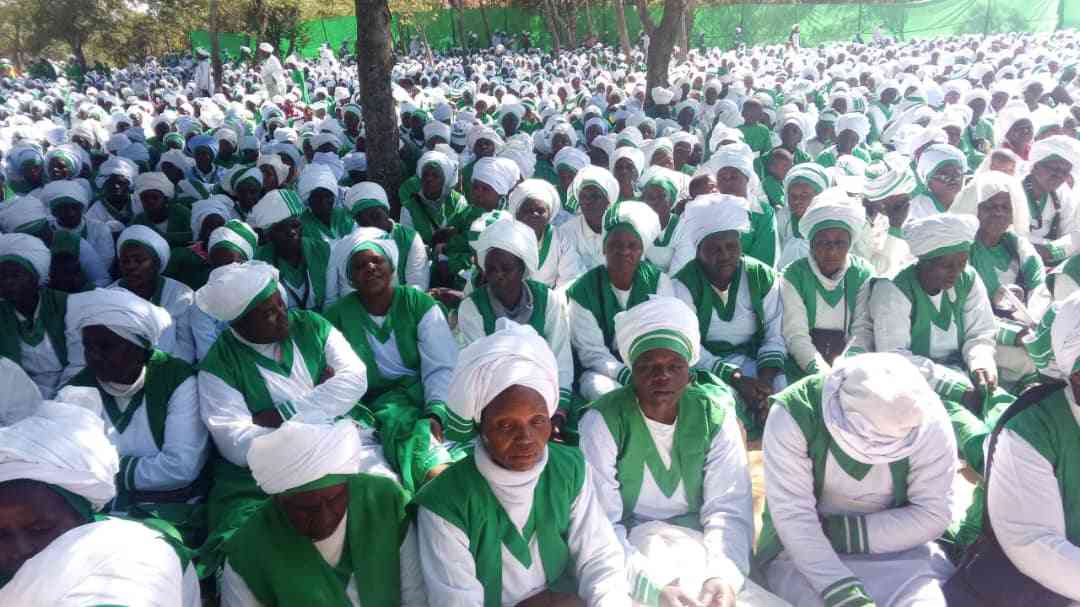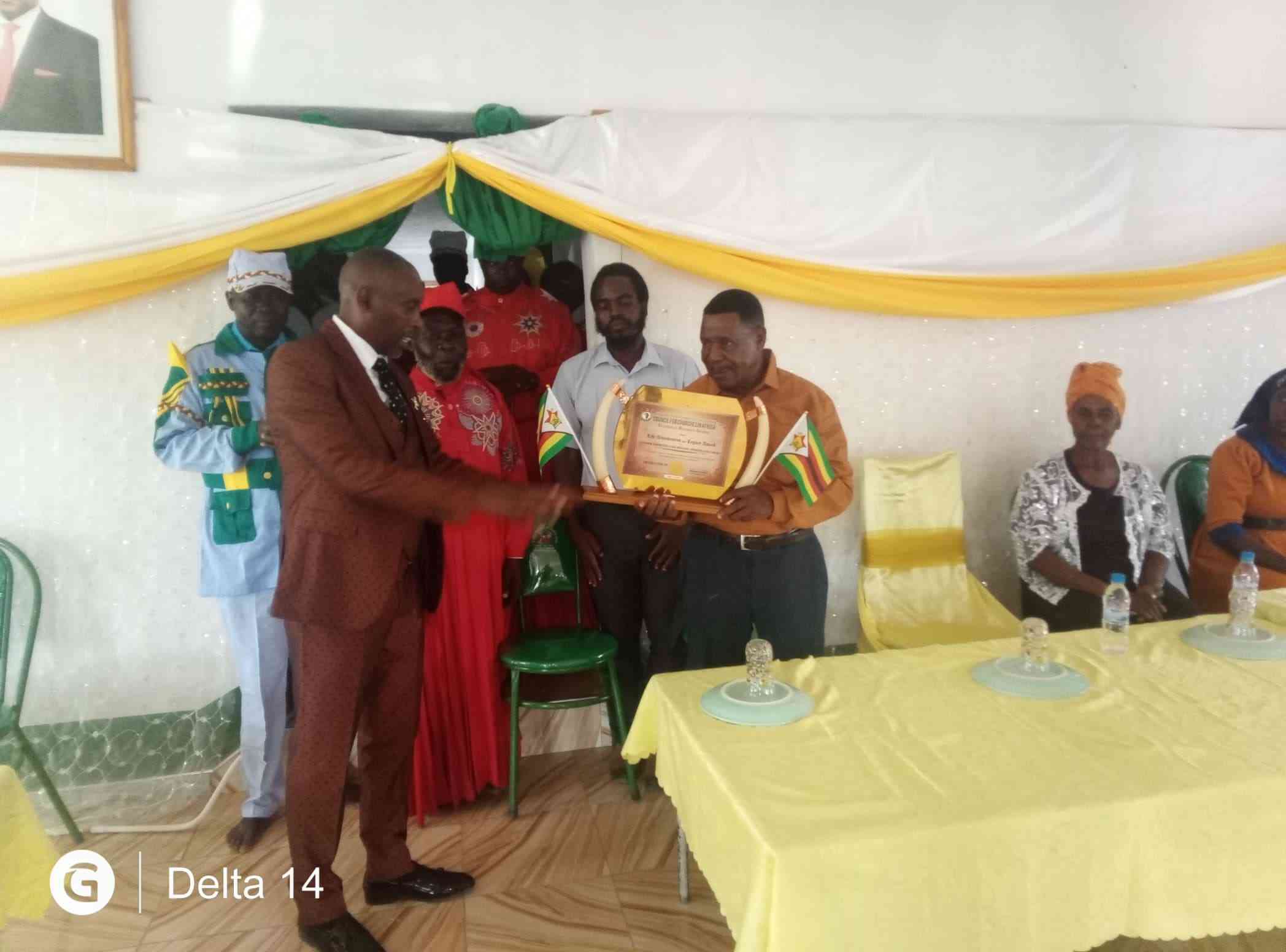
Last year, more than 30 baby elephants were taken out of their natural habitats and with the blessings from the government and the Zimbabwe Parks & Wildlife Authority (ZimParks), were flown to China. They were then dispatched to various zoos throughout the Asian country and their lives were never the same again.
environment By Chipo Masara

Pictures and a video were recently published on the Focusing on Wildlife website of some of the calves that are at the Hangzhou Safari Park. They were shown being kept behind bars and walking on concrete floors. The images were obtained by an animal welfare advocate named Chunmei Hu, the former general secretary of the Chinese Green Development and Endangered Species Fund. The video has since been reviewed by elephant experts, including co-founder of the Kenya-based Elephant Voices, Joyce Poole, who concluded that “their housing is totally unstimulating. They look like sad, locked-up little kids.”
Although the government and ZimParks are not very keen on revealing how many baby elephants have so far been exported to China, conservationists who have been vigilantly following the developments believe 17 of the calves ended up at Shanghai Wild Animal Park, 15 at the Beijing Wildlife Park and six at Hangzhou Safari Park.
A 2016 report on elephants in Asia said a total of 47 zoos in China held at least 200 captive elephants, although the precise situation remains unclear. While Chinese zoo owners are required by law to register births, deaths, trade and movement of the animals, the rule has proved to be unenforceable.
Back in 2012 when a shipment of eight elephants was reportedly sent to China, footage leaked of a distressed and sickly-appearing calf that seemed to be trying to smash its way out of its confines. It is believed, of the eight, only one survived and still lives all alone at some Taiyuan zoo, while the rest died, according to Hu.
In 2015, 27 elephants were allegedly shipped to China and while Hu asserts that some of the elephants died, China Central Television reported in the same year that 24 of the 27 elephants were at Changlong Breeding Centre of Rare and Endangered Species of Wild Animals and Plants and were being used for research.
There is great concern from wildlife conservationists that there isn’t any independent body that is overseeing the animals once they are captured and exported. The Convention on the International Trade in Endangered Species (Cites) allows live animals to be sent to “appropriate and acceptable destinations”. However, the decision as to what is “appropriate and acceptable” is left solely to the importing country. There is a general consensus among conservationists that what is required are Cites resolutions that specify rigorous welfare conditions for the entire chain of live animal trade.
- Chamisa under fire over US$120K donation
- Mavhunga puts DeMbare into Chibuku quarterfinals
- Pension funds bet on Cabora Bassa oilfields
- Councils defy govt fire tender directive
Keep Reading
While there was effort at the last Cites conference held in Johannesburg, South Africa to stop the live trade in elephants which was spearheaded by a group of 29 African nations calling itself the African Elephant Coalition; the European Union, the US, China and Zimbabwe did not support the resolution, resulting in it failing to acquire the two-thirds majority votes necessary to pass it into law.
According to Elephants for Africa — a conservation and research organisation based in Botswana—recent captures in Hwange National Park “are already damaging elephant behaviour” as large numbers of elephants have begun migrating to Botswana from Hwange. The organisation believes the animals, mostly young male elephants, could be moving out of Hwange in direct response to the violent captures going on there.
Meanwhile in China, videos continue to emerge of elephants being forced to perform tricks at places such as Shanghai Wild Animal Park. According to reports, China has a standing order of between 100 and 200 baby elephants from Zimbabwe.
For feedback, email: cmasara@standard.co.zw










